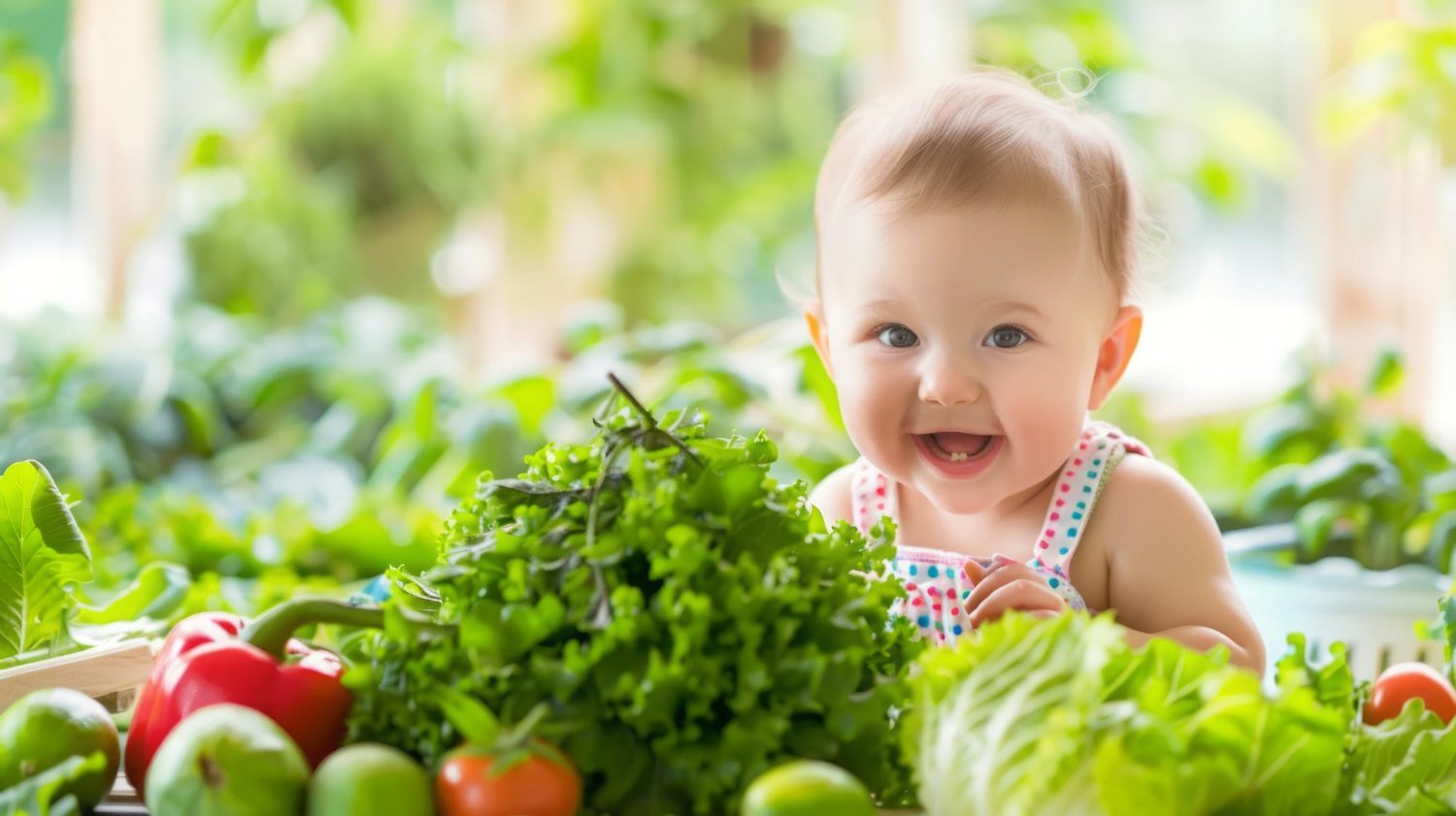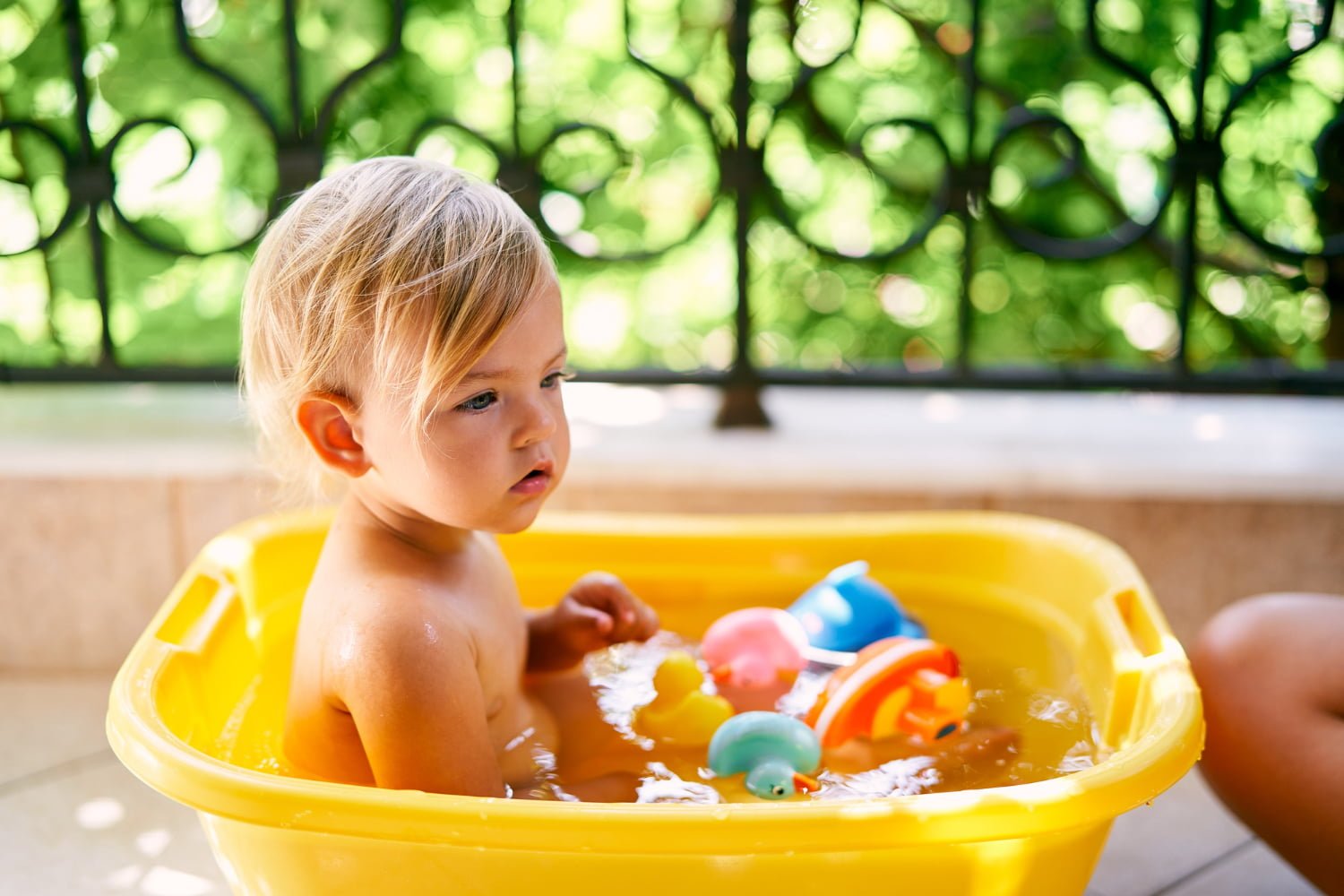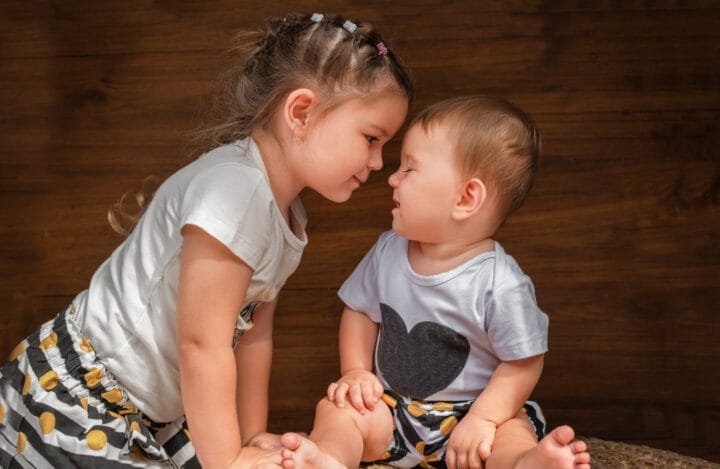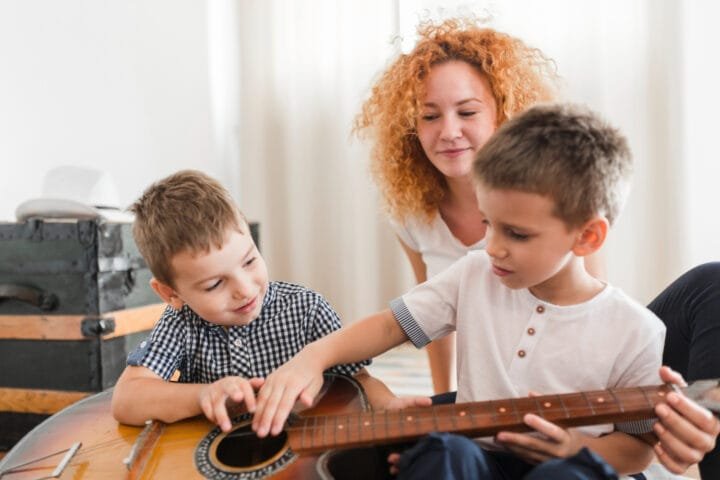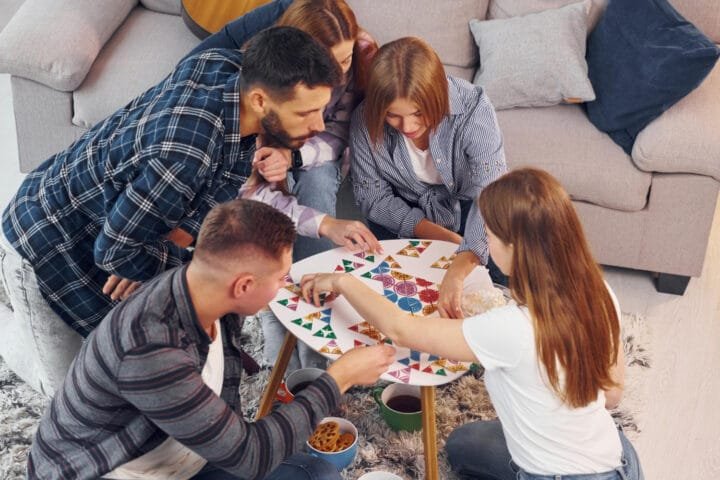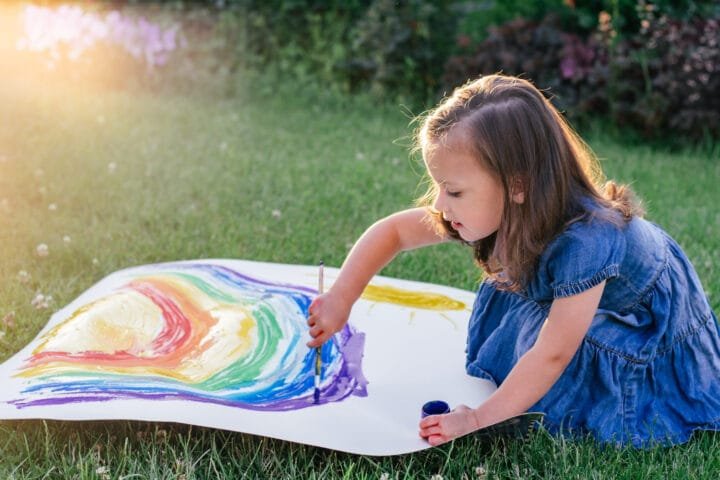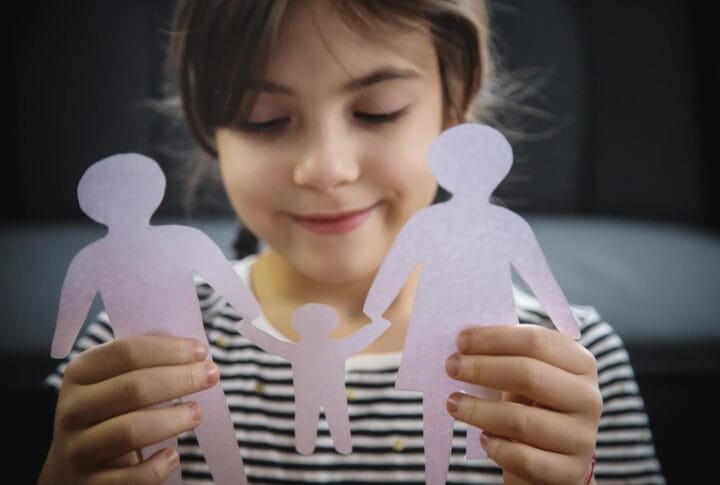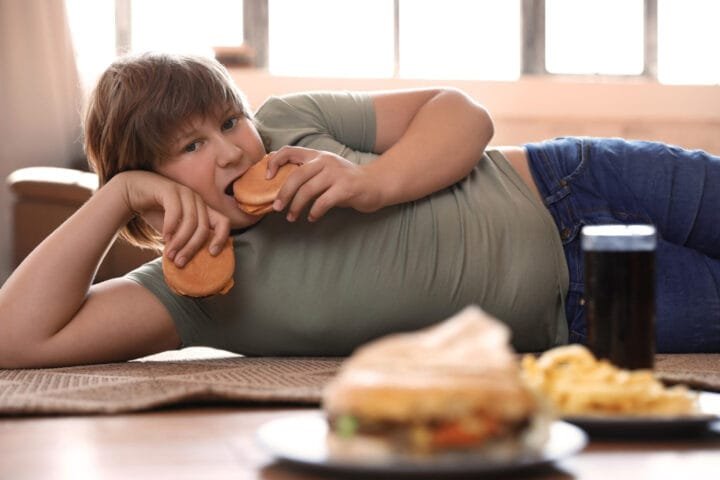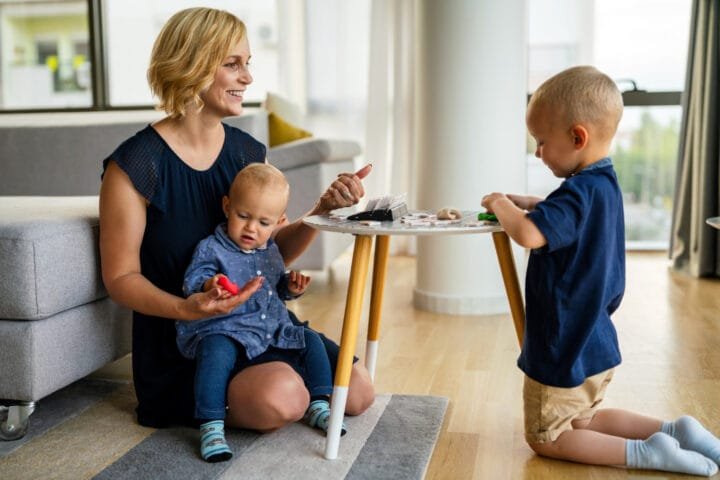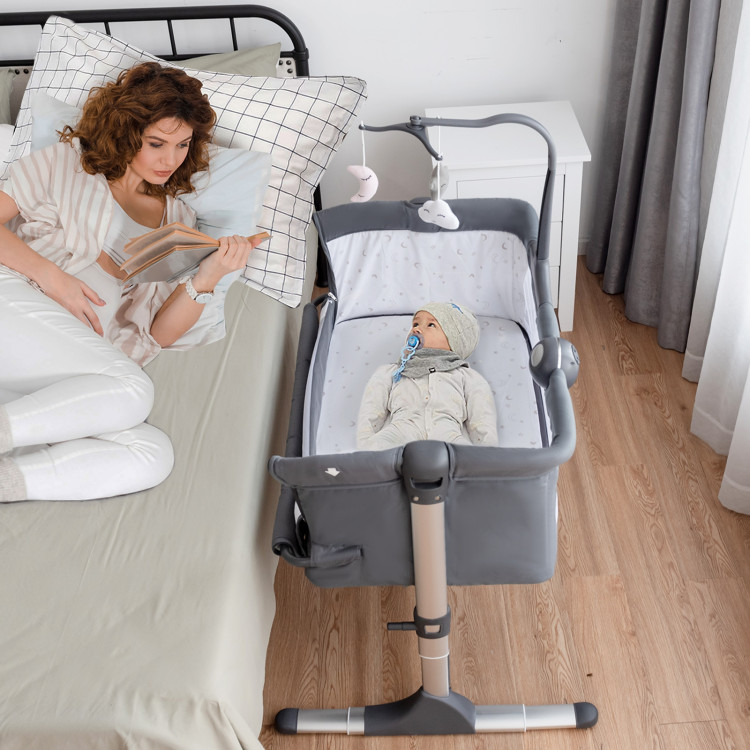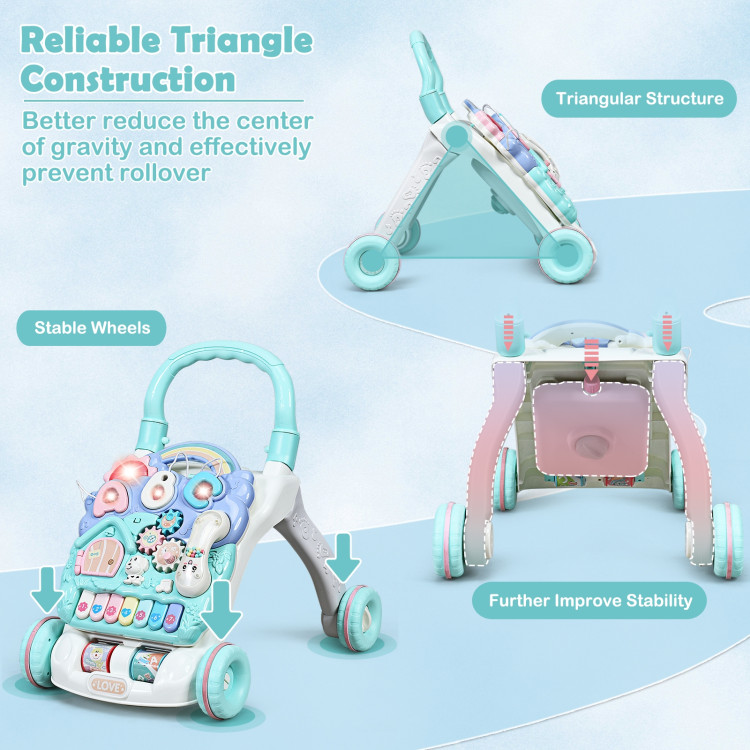“My Adult Son Refuses to Say I’m Sorry”: Is It a Sign of Deeper Issues?
Beyond “My Child Misbehaves in School by Crying”: Effective Strategies for Tearful School Drop-Offs
Anatomy Education for Kids: At What Age Do Children Typically Understand Anatomy?
The Must-Have Guide for Eco-Conscious Parents: Teaching Kids About Sustainable Fashion
Elevate Your Child’s Education: The Power of Space Exploration for Young Minds
Teaching Negotiation Skills: Raise Cooperative Kids for Success
Birdwatching for Children: The Ultimate Guide to Backyard Exploration
Master the Art of Teaching Kids About Ecosystems
Why Do Kids Hate Healthy Foods? And How to Make Them Love It!
Why Kids Are Not Treating Toys Properly (And What You Can Do)
Unstoppable Kids: The Ultimate Guide to Yoga for Children
Montessori: The Future of Education or Just a Fad?
Significance of Nicknames: Discovering the Hidden Power in a Child’s Name
Helping Children Cope with Pet Loss: When a Furry Friend Says Goodbye
The Role of Grandparents in Modern Family: Why They’re Essential for Your Kids
Stop Shielding Your Child! Why Disappointment and Failure Are Their Secret Weapons
The Leader in Every Child: Nurture Their Potential with These Powerful Leadership Skills
Conquer Mealtime Mayhem: Expert Advice for Taming the Picky Eater
Childhood Nightmares and Night Terrors: What Every Parent Needs to Know
Baby Development Milestones: Is Your Little One on Track?

Tears, Tantrums, and Triumphs: Navigating the First Year of Baby Development
When did you feel your first flutter in your belly? It seems like a lifetime ago. This little flutter has now transformed into a tiny human, growing and changing faster than you can say “milestone.” It’s a wild ride, this first year, filled with wonder, exhaustion, and love that makes you want to cry. But navigating those precious early months can feel like navigating unknown territory. Don’t worry, mama, I’ve been there before. Come along with me on this incredible journey as we uncover the secrets of your baby’s growth month by month.
The Foundations of Development: The First Three Months
The first three months are a blur of sleepless nights, endless diaper changes, and love so intense it hurts. But your newborn is making incredible strides. Did you know a newborn’s brain forms a million neural connections every second? It’s mind-blowing!
A. Physical Development:
Imagine your baby as a tiny explorer, mapping out their body and the world around them.
- Mastering the reflexes: When you involuntarily grasp your finger or root for your breast, you establish the foundations for future development with complex reflexes. Remember those tiny fists clenched tight? A newborn can hold their weight thanks to that grasp reflex!
- Early sensory exploration: The world is a symphony of sights, sounds, smells, tastes, and textures to your newborn. Watch them turn their head towards your voice, wrinkle their nose at a strong scent, or gaze intently at a brightly coloured mobile. Every interaction is a learning experience.
- Motor milestones: From wobbly head movements to those first attempts at reaching for a toy, your baby is gaining control of their body. Tummy time becomes a crucial workout, strengthening those neck muscles and paving the way for rolling over. Around eight weeks, that sweet little head starts to become steadier, and by three months, many babies can hold it up for short periods.
B. Cognitive Development:
It’s easy to underestimate tiny brains, but they absorb information like sponges.
- The blooming brain: Your baby’s brain grows astonishingly, with neural connections forming faster than ever. In fact, by their first birthday, their brain will have already reached 60% of its adult size!
- Learning through senses: Every touch, sound, and sight shapes your baby’s understanding of the world. They are learning to differentiate between voices, recognize familiar faces, and associate certain smells with comfort and security.
- Early communication: While you may think those cries sound like noise, they are your baby’s first communication attempts. Those adorable coos and gurgles are the precursors to language development, and you can tell the difference between “I’m hungry” and “I need a diaper change” cries.
C. Social and Emotional Development:
This is where the magic of bonding truly happens.
- Bonding with caregivers: Cuddling, kissing, and looking into loving faces with caregivers creates a strong foundation for attachment. Studies show that babies who are consistently loved and responded to develop a secure attachment style later.
- Early social smiles and interactions: Do you remember when your baby smiled the first time? Your heart melted. The first smile emerges around 6 to 8 weeks, indicating your baby’s growing awareness of the world around them.
- Recognizing familiar faces and voices: When your baby hears or sees your face, it calms down. This is because it is starting to recognize and prefer those it loves.
Exploring the World: 4-6 Months
Get ready for a whole new level of engagement! Your baby is becoming more alert, curious, and interactive—like they’ve suddenly woken up to the world around them.
A. Physical Development:
Those little limbs are getting stronger and more coordinated.
- Refining motor skills: Reaching, grasping, and shaking toys become favourite pastimes. Watch as they transfer objects from hand to hand, exploring different textures and shapes. It is also when many babies start over, from tummy to back and back to tummy. It’s a significant milestone that opens up a whole new world of exploration.
- Rolling over and sitting with support: Having your baby roll over and sit up with support is a big deal! Suddenly, they can move and explore their surroundings. And they can even sit up independently, giving them a whole new perspective.
- Exploring with their mouths: They’re taking in sensory information by exploring different textures, shapes, and temperatures in their mouths. It’s not just about teething; it’s also another way they discover the world.
B. Cognitive Development:
Your baby is starting to make sense of the world in new and exciting ways.
- Object permanence: Your baby is learning object permanence with peek-a-boo games—the understanding that objects continue to exist even when he can’t see them. This is a significant leap in cognitive development!
- Cause and effect: Dropping a toy and watching it fall, shaking a rattle to hear the sound – these simple actions are teaching your baby about cause and effect. They are learning that their actions have consequences, and that’s a powerful concept.
- Early language development: During the early stages, your baby will frequently babble as it experiments with different sounds and syllables. Listen closely for the voice of “mama” or “dada” as it emerges from the babbles.
C. Social and Emotional Development:
Your baby’s personality is starting to shine through.
- Expressing emotions: Seeing your baby express joy, sadness, anger, and surprise is a sure sign of his maturation. You’ll be able to fully grasp his needs and feelings. Please pay attention to his cues to learn more about his emotions.
- Social interactions: Playing games like peek-a-boo and patty-cake becomes a source of joy and connection for your baby, who is learning to engage with others and respond to social cues.
- Developing a sense of self: As your baby interacts with the world, they create a sense of self. They are learning that they are separate from others and that they can have an impact on their environment.
Moving and Grooving: 7-9 Months
You’re on the move, bringing newfound flexibility and curiosity to your baby’s development. Prepare for crawling adventures, exciting discoveries, and maybe even a few bumps and bruises.
A. Physical Development:
The world is their playground now!
- Mobility milestones include crawling, scooting, and pulling to stand. Crawling allows children to explore the nooks and crannies of their environment, master new skills, and push themselves to their physical limits. Did you know crawling improves hand-eye coordination, spatial awareness, and language skills?
- Fine motor skills: That pincer grasp – using the thumb and index finger to pick up small objects – is a game-changer. Suddenly, your baby can explore tiny details, manipulate toys precisely, and feed themselves finger foods.
- Exploring different textures and objects: Soft blankets, rough carpets, squishy toys, hard blocks – your baby is fascinated by the variety of textures and objects in their world. They learn about different properties and develop their sensory perception.
B. Cognitive Development:
Your baby’s brain buzzes with new connections and discoveries.
- Problem-solving skills: Organizing shapes in a sorter or finding a toy under a blanket are examples of your baby’s problem-solving skills. They are learning to think creatively and find solutions to problems.
- Understanding simple words and gestures: “No,” “bye-bye,” “clap your hands.” Your baby is starting to understand simple words and gestures. They connect language to actions and objects, building their vocabulary and comprehension skills.
- Developing memory and attention span: Remember that toy they loved yesterday? They might still love it today! Your baby’s memory is improving, and they can focus their attention for longer. It allows them to engage in more complex activities and learn new skills.
C. Social and Emotional Development:
Get ready for some big feelings!
Stranger anxiety and separation anxiety:
- Clinging to you when a stranger approaches.
- Crying when you leave the room – these are signs of stranger anxiety and separation anxiety.
- Perfectly normal developmental stages.
Your baby is learning to differentiate between familiar and unfamiliar people and developing a sense of trust and security with their primary caregivers.
Expressing affection and seeking attention: As your baby learns to communicate his or her affections and need for connection, you will hear them giving you sloppy kisses, giving you warm hugs, and asking for your attention more and more.
Imitating actions and sounds: Clapping when you clap, waving bye-bye, babbling in response to your voice—your baby is becoming a master imitator. This is a crucial skill for learning and social development, as babies observe and mimic the behaviours of those around them.
Towards Independence: 10-12 Months
Get ready for a whirlwind of activity! Your baby is becoming increasingly independent, exploring their world with confidence and determination. They walk, talk, and assert their independence in ways you never thought possible.
A. Physical Development:
From those first wobbly steps to mastering the art of self-feeding, this is a time of tremendous physical growth and development.
- Cruising and taking first steps: Remember those furniture-surfing days? They were practising for the main event – walking! Whether they’re cruising along furniture or taking those first tentative steps alone, your baby is gaining a sense of freedom and accomplishment. Did you know that the average age for walking is around 12 months, but some babies start as early as nine or 18 months?
- Self-feeding and drinking from a cup: Say goodbye to purees and hello to finger foods! Your baby is developing the fine motor skills and coordination needed to feed themselves. They also learn to drink from a cup, a significant step towards independence.
- Improved coordination and balance: Climbing stairs, throwing a ball, stacking blocks – your baby’s coordination and balance are improving daily. They are becoming more adept at navigating their environment and mastering new physical challenges.
B. Cognitive Development:
Your baby’s understanding of the world is expanding rapidly, and they are eager to communicate their thoughts and ideas.
- Pointing and gesturing to communicate: Want that cookie? They’ll point to it! Need a diaper change? They might pat their bottom. Your baby uses gestures and pointing to communicate their needs and desires, a crucial step in language development.
- Saying first words like “mama” and “dada” is music to a parent’s ears! Your baby starts associating words with specific people and objects, building their vocabulary and communication skills. Did you know that babies understand far more words than they can say?
- Understanding simple instructions: “Give me the ball,” “Put the toy in the box” – your baby is starting to understand simple instructions. They are learning to follow directions and complete tasks, a sign of their growing cognitive abilities.
C. Social and Emotional Development:
Your baby is developing a solid sense of self and exploring boundaries.
- Developing independence and exploring boundaries: “No!” becomes a favourite word as your baby asserts their independence and tests their limits. They are learning about boundaries, cause and effect, and their power to influence the world around them.
- Showing preferences for certain people and toys: They might have a favourite blanket, toy, or person. Your baby is developing preferences and attachments, a sign of growing emotional and social awareness.
- Engaging in pretend play: Talking on a toy phone, feeding a doll, pretending to cook – your baby is starting to engage in pretend play, a crucial skill for imagination, creativity, and social development.
Nurturing Your Baby’s Development
You are your baby’s first and most important teacher. You can nurture their development and help them reach their full potential by providing a loving, stimulating environment.
A. The Importance of Play:
Play is not just fun; it’s essential for your baby’s development. It helps them learn about the world, develop new skills, and build social and emotional connections.
- Types of play: From sensory play with textures and sounds to exploratory play with blocks and puzzles to social play with other children, your baby has endless opportunities to learn and grow through play. Did you know that even simple activities like singing songs, reading books, and going for walks can be considered play?
- Choosing age-appropriate toys and activities: Look for toys that stimulate your baby’s senses, encourage exploration, and promote problem-solving. Remember, the best toys are often the simplest ones – blocks, balls, stacking cups, and even household objects like pots and pans can provide hours of entertainment and learning.
- Creating a stimulating environment: A safe environment is crucial for your baby’s development. Please allow your baby to explore, experiment, and interact with their surroundings. This could include a dedicated play area, access to different textures and materials, and plenty of opportunities for social interaction.
B. Nutrition and Sleep:
Proper nutrition and adequate sleep are essential for your baby’s growth and development.
- Feeding your baby: Whether you choose breastfeeding, formula feeding, or a combination of both, ensure your baby gets the nutrients needed to thrive. Increasing their diet’s variety and texture as they age involves gradually introducing solid foods, starting with purees from single ingredients. What do you know about breast milk? It contains antibodies that help protect your baby from diseases.
- Establishing healthy sleep habits: A consistent bedtime routine, a dark and quiet sleep environment, and avoiding overstimulation before bed can help your baby develop healthy sleep habits. Did you know babies who get enough sleep tend to be more alert, attentive, and emotionally regulated?
- The connection between nutrition, sleep, and development: Nutrition and sleep are interconnected and play a crucial role in your baby’s overall development. A well-nourished and well-rested baby is better able to learn, explore, and interact with the world around them.
C. Supporting your Baby’s Growth:
Regular checkups, vaccinations, and early intervention services can help your baby stay on track with their development.
- Regular checkups and vaccinations: The most important thing you should do for your child’s health and development is to have regular checkups with your paediatrician. Vaccinations help keep your baby healthy and protected from serious illnesses.
- Early intervention services: If you are concerned about your baby’s development, schedule an appointment with your paediatrician to discuss early intervention services. These services offer support and resources for infants experiencing developmental delays.
- Creating a loving and supportive environment: The best way to create a loving and supportive environment for your baby is to show affection, respond to their needs, and encourage exploration. In the future, their success and happiness will depend on your love and support.
Summary
You will experience many milestones, emotions, and discoveries in the first year of your baby’s life. Understanding the different stages of physical, cognitive, and social-emotional development can better support your little one’s growth and development. Be sure to cherish every moment, celebrate every milestone, and enjoy this precious time with your baby as they develop at their own pace.
FAQs
It’s normal to worry, but try to relax! Every baby develops at their own pace. While some babies start rolling around four months, others take longer. Many things can influence this, like how much tummy time they get and even their personality (some babies are just more chill!). If your little one isn’t rolling by six months, it’s worth a quick chat with your paediatrician to ease your mind.
Nope, not at all! Just like with rolling, some babies are chattier than others. Babbling is a super important step in language development. Your baby is experimenting with sounds and figuring out how their mouth works. Keep talking, singing, and reading to your little one, and those words will come! Most babies say their first words around 12 months, but there’s a wide range of normal.
Oh, I hear you are exhausted! Sleep is a BIG topic in the first year. Newborns sleep a LOT but in short bursts. As they get older, they’ll start to sleep for longer stretches (hopefully!). Many babies start developing more predictable sleep patterns around 3-4 months. But every baby is different. If you’re struggling with sleep, don’t hesitate to contact a sleep consultant or your paediatrician for support.
Totally! Babies explore the world with their mouths. It’s how they learn about different textures, shapes, and tastes. Just make sure to keep small objects out of reach and create a safe environment for your little explorer. And if they’re drooling a lot and chewing on everything in sight, they might be teething.
It’s great that you’re paying attention to your baby’s development! Most parents have worries at some point. While every baby is unique, there are some general milestones to watch for. If your baby isn’t meeting those milestones, or if you notice any loss of skills, it’s always best to talk to your paediatrician. Early intervention can make a huge difference!
Related Posts






